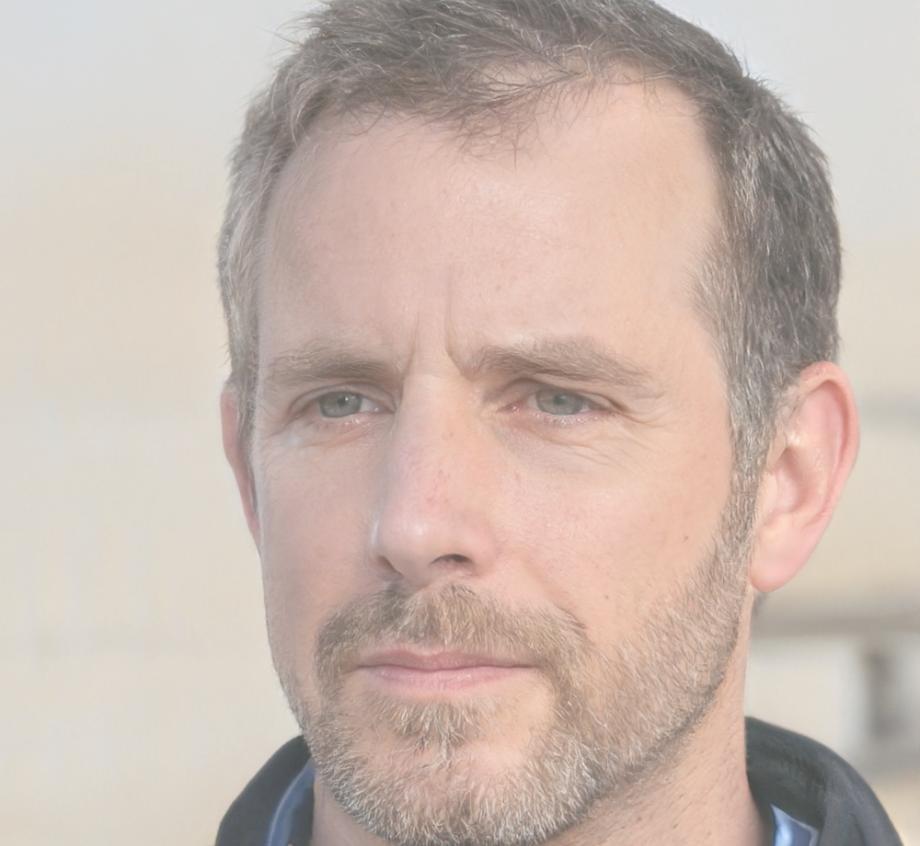Learning That Fits Your Schedule
We know you're busy. That's why our sessions run in the evenings, with recordings available for anyone who misses a week.
Most participants spend about 2-3 hours weekly on coursework. Some weeks you'll need more time, especially when building your first emergency fund strategy. Other weeks, less.



